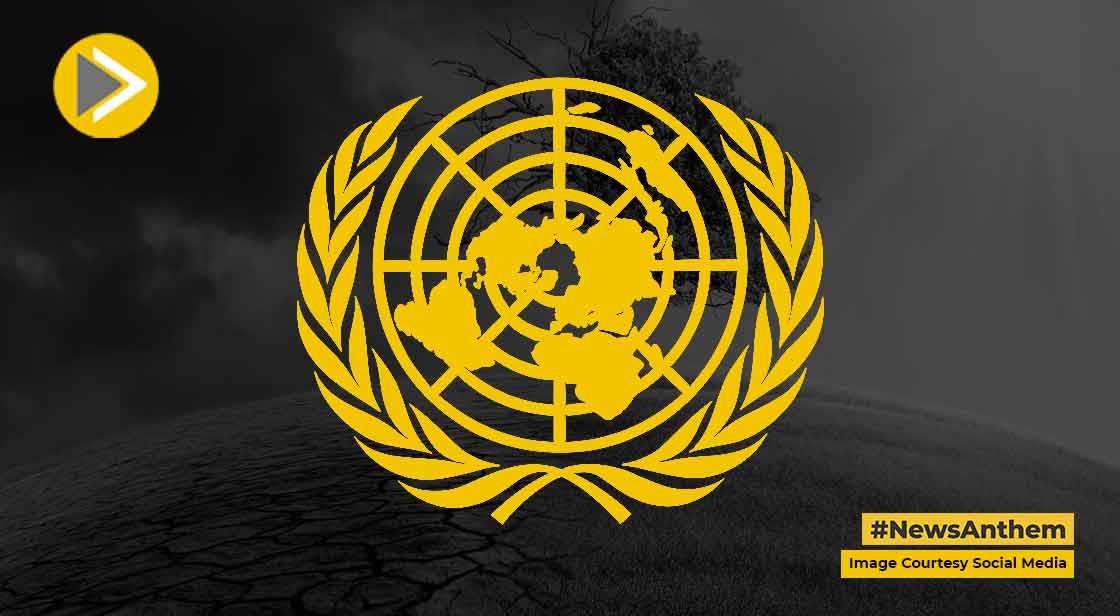India Supports UN Resolution, Recognising Right To A Healthy Environment

News Synopsis
India supported a UN General Assembly resolution that declares the right to a clean, healthy, and sustainable environment to be a fundamental human right, but it disassociated itself from the resolution's main body of text and expressed its displeasure with both its formalities and its content.
The resolution was approved on Thursday by the 193-member General Assembly with 161 votes in favour and the abstentions by Belarus, Cambodia, China, Ethiopia, Iran, Kyrgyzstan, Russia, and Syria. India cast a vote in favour of the resolution but expressed dissatisfaction with the way it was handled and its content.
The resolution "affirms that the promotion of the human right to a clean, healthy and sustainable environment requires the full implementation of the multilateral environmental agreements under the principles of international environmental law" and acknowledges the right to a clean, healthy, and sustainable environment as a human right. India is prepared to assist any initiative aimed at improving the environment and advancing global environmental protection cooperation. In light of the circumstances, India voted in favour of this resolution, explained Counselor Ashish Sharma of India's Permanent Mission to the UN.
We must, however, disassociate ourselves from the resolution's operative paragraph 1 because our concerns still need to be addressed, he added. The UNGA Recognizes the right to a clean, healthy, and sustainable environment as a human right, according to the resolution's operative paragraph. He asked that this statement be recorded in the meeting's official minutes.
According to him, UNGA resolutions do not by themselves establish legally binding obligations; rather, State parties agree to a new human right and assume the necessary obligations for the realisation of that right through conventions and treaties. Furthermore, the phrases "clean," "healthy," and "sustainable" are not understood or defined in a consistent manner. According to Sharma, these terms are still accessible to arbitrary interpretations, which undermines the stated goal of the recognition in the current resolution.
Abdulla Shahid, the president of the 76th session of the UN General Assembly, stated in a tweet that the UNGA adopted a historic resolution that acknowledged the human right to live in a clean, healthy, and sustainable environment for everyone, everywhere. Sharma emphasised that preserving the environment is a component of India's cultural ideals and that maintaining a healthy relationship with nature has long been emphasised in our traditions.
He emphasised that Prime Minister Narendra Modi had proposed a one-word movement, LIFE, at COP26, the United Nations Climate Change conference in Glasgow. This mass movement influences lifestyle for the environment by promoting mindful and deliberate resource use rather than mindless and destructive consumption.
He expressed dissatisfaction that the resolution's text makes no explicit mention of the core idea of equity established in international environmental law. Sharma stated that New Delhi had voiced its reservations about the resolution in terms of both procedure and substance. He noted that India places significant priority on the promotion and preservation of human rights, including in the context of the environment. India had also offered positive suggestions to find common ground as well as constantly and clearly aired its reservations.
We honestly think that some of these suggestions might have assisted in moving us in the direction of consensus. According to him, India is still worried that the core group decided against including preambular paragraph 8 of Human Rights Council resolution 48/13, which serves as the foundation for the current resolution, despite the significant support it received from many member states.
Sharma added that it is a significant paragraph that reiterates the value of international collaboration, based on respect for one another, in accordance with the values and purposes of the Charter, with the utmost regard for state sovereignty while taking into account national interests.









